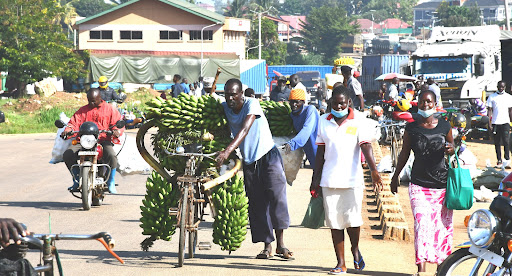

The poll shows that only 10 per cent of Kenyans believe their economic situation has improved, while 13 per cent say it has remained the same over the past two and a half years.
Among supporters of the Broad-Based Government (BBG), 52 per cent said their economic situation has worsened since the Kenya Kwanza administration took office.
Some 26 per cent reported improvement. 20 per cent said their economic situation has remained the same.
Among those opposed to the BBG, some 85 per cent said their economic condition has worsened.
Some 4 per cent said it had improved. In the meantime, some 10 per cent said it had remained the same.
TIFA observed that the significantly higher number of BBG opponents reporting a worsening economic situation highlights the importance of perceived economic changes in shaping political attitudes.
“At the same time, the fact that support for the BBG exceeds the total figure who report that their economic situation has worsened reveals that economic change is not the only factor influencing political alignment or orientation in terms of support or opposition to the BBG,” the report states.
TIFA also noted the paradox that more than half of BBG supporters still report economic decline — a figure that contrasts sharply with the tiny minority of BBG opponents who claim their economic situation has improved.
The survey was conducted between May 2 and May 6, 2025, among 2,024 respondents across nine regions: Central Rift, Coast, Lower Eastern, Mt. Kenya, Nairobi, Northern, Nyanza, South Rift, and Western.
It was carried out via telephone interviews using contact information gathered from earlier face-to-face, household-based surveys.
Interviews were conducted primarily in Kiswahili, with some in English.
The poll has a margin of error of +/- 2.17 per cent.














